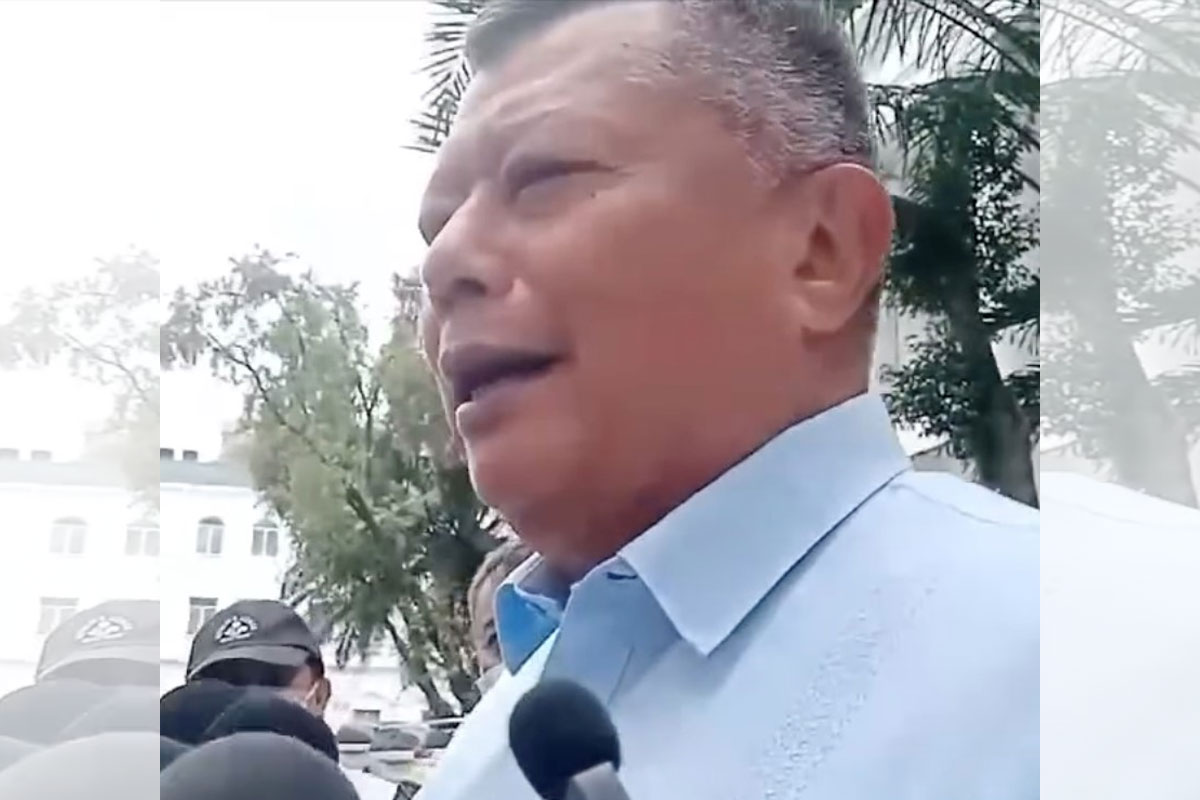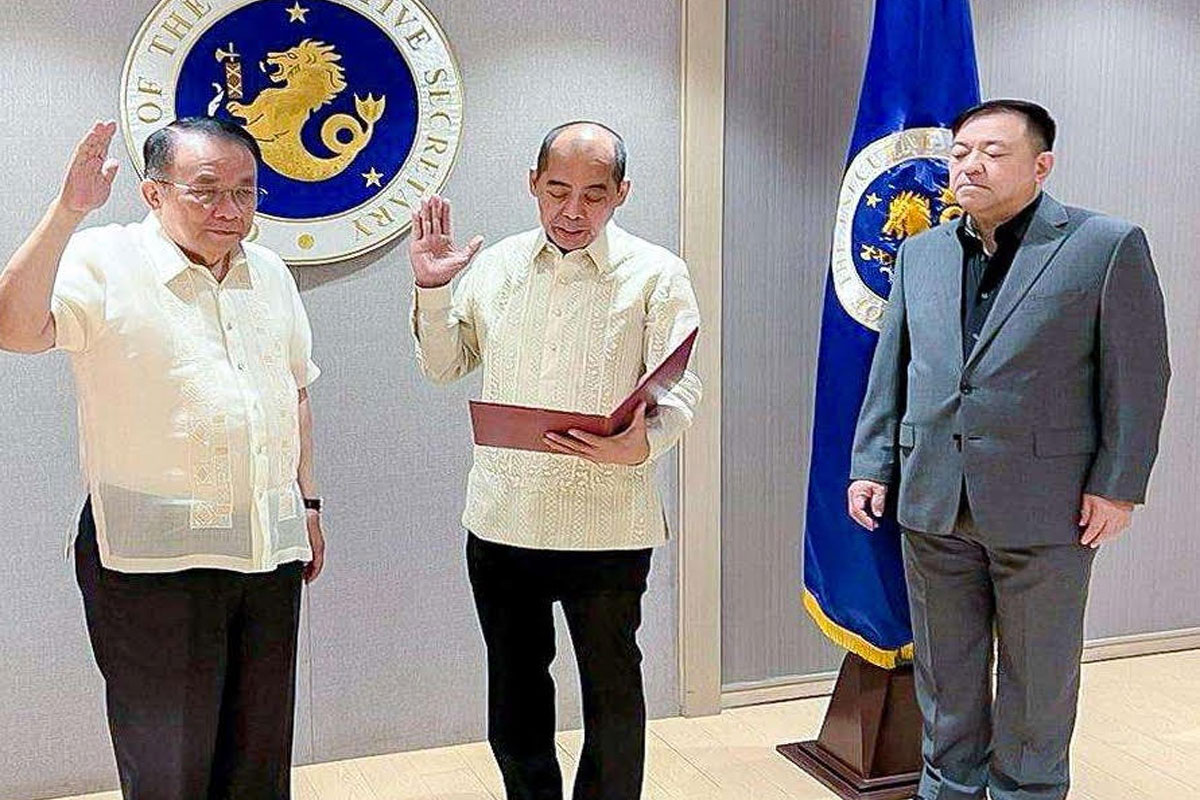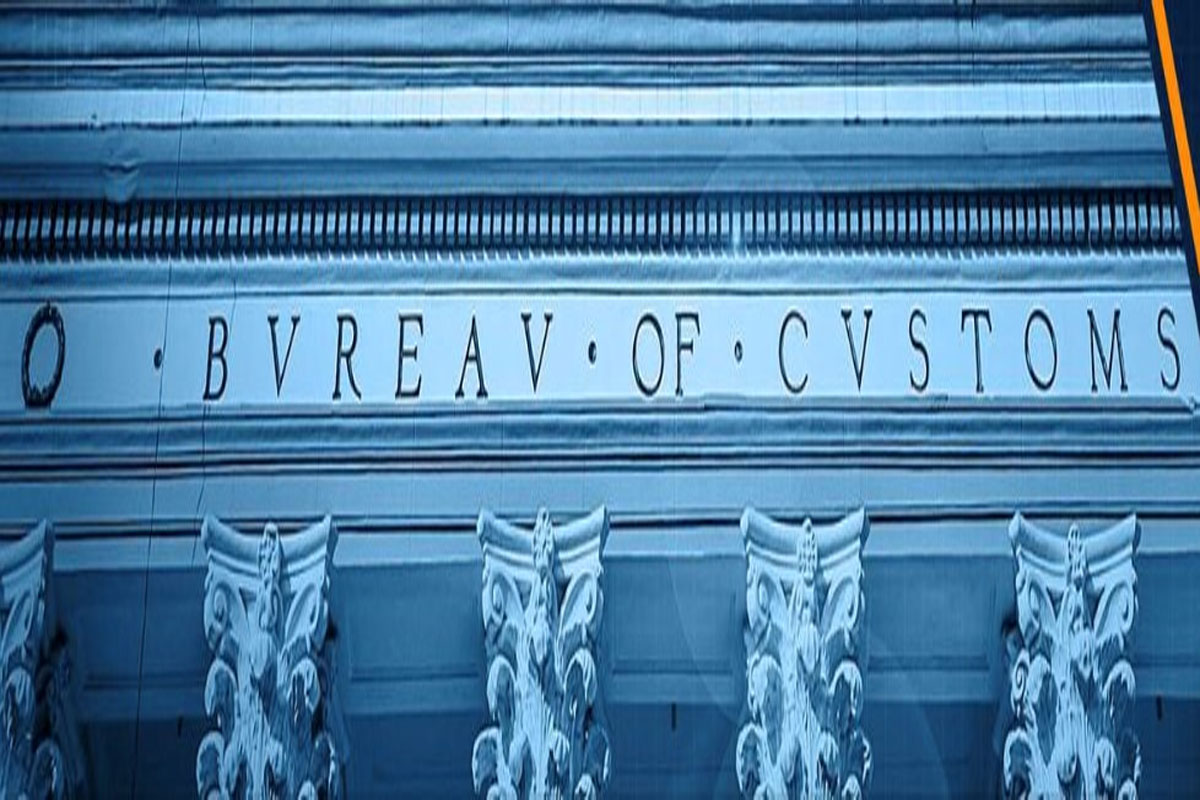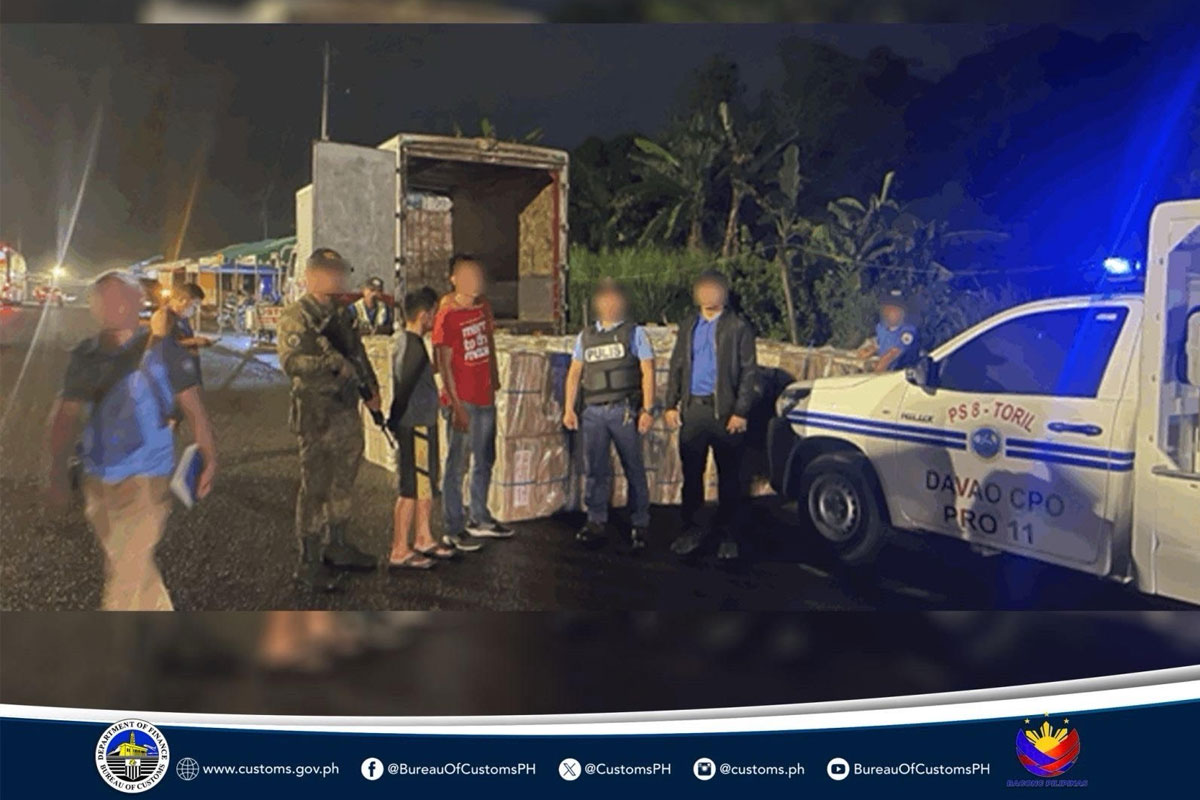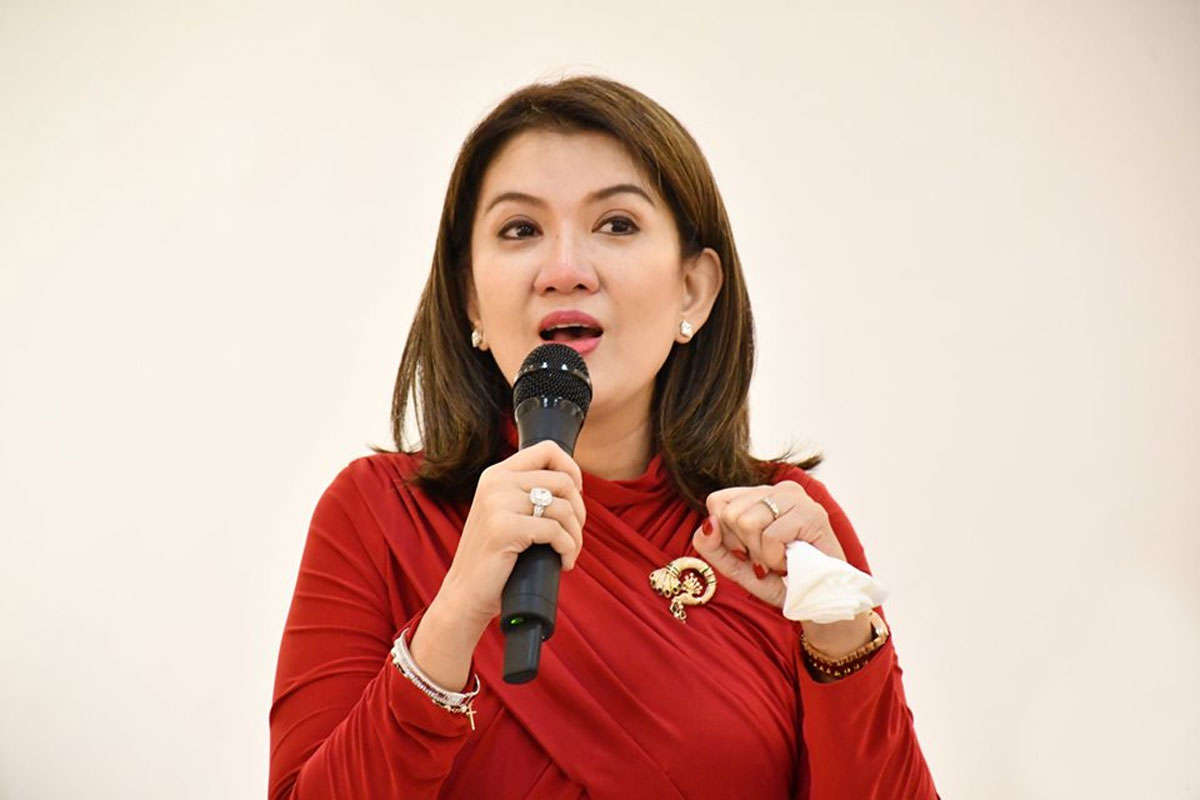
Protecting the welfare of tobacco growers, workers
EMPLOYMENT and livelihood of Filipinos are of paramount importance to the government. The state recently moved to safeguard the welfare of tobacco growers and workers.
President Ferdinand R. Marcos Jr. recently called on the Bureau of Customs (BoC) and Bureau of Internal Revenue to expand and strengthen their efforts to protect the country’s tobacco industry against smuggling of tobacco and vape products.
During the 6th Private Sector Advisory Council-Agriculture Sector Group (PSAC-ASG) meeting in Malacañang on Wednesday, the Chief Executive recognized the anti-smuggling measures of the government but he sought for intensified enforcement by the BoC and BIR.
“Enforcement and anti-smuggling and all that. You really have to beef them up and I think we’re doing that,” the President said. “There will be [more efforts] with the Bureau of Customs and BIR so that we can improve performance with that regard,” he added.
In response, Special Assistant to the President on Economic and Economic Affairs Frederick Go said he has been assured by the Department of Trade and Industry Consumer Protection Group that they will be assigning a significant number of people just to monitor the vape industry.
BIR Commissioner Romeo Lumagui Jr. told the President that his agency has intensified its crackdown against smuggled vape products and is in fact going to implement a tax stamp system to determine those that are illicit.
For its part, the PSAC-ASG made several recommendations and policy requirements to ensure the protection of the tobacco industry.
The advisory body pushed a move tasking the Department of Budget and Management (DBM) to release funds as prescribed under R.A. 4155 for the National Tobacco Authority (NTA) Sustainable Tobacco Enhancement Program (STEP).
It also sought amendments to the Anti-Agri Smuggling Act of 2016 to include tobacco products. The body also wants provisions on minimum retail price (MRP) and penalties for distributing and selling smuggled products.
The body also called on the Department of Trade and Industry (DTI) to set a deadline for the registration of importers and manufacturers of vapor products and the BIR to start imposing tax requirements on tobacco and vapor products. There must also be sustained enforcement of laws against smugglers and retailers of smuggled tobacco and vapor products, the body said.
Operations involving these products should also be reported to the Office of the President on a monthly basis, it added.
The Philippine tobacco industry provides livelihood to 2.2 million Filipinos. Tobacco excised tax makes up 4 percent of total government revenues, or P135 billion in 2023.
The government earmarks 50 percent of excise tax collection for Universal Health Care under the Department of Health (DOH) and PhilHealth as well as for the Health Facilities Enhancement Program (HFEP).
Meanwhile, the Chief Executive is fully supporting the Philippine Coconut Authority in its bid to plant 100 million coconut trees as he sees great opportunity for the country to become the world’s no. 1 in coconut exports.
President Marcos recently discussed recommendations on the development of the coconut industry and other agricultural products.
PSAC Agricultural Sector Group Member Christopher Po of Century Pacific Group said the group is recommending to accelerate the launch of the massive coconut tree planting program by increasing seednut production.
The President said he will see to it that enough funding will be given to the PCA to carry out the program.
“This is really a great opportunity to the country. We have a chance to do it because [of] the market. Every single part of the nut [has] use and can be sold,” he said.
The Philippines is the second biggest coconut exporting country in the world next to Indonesia.
The government plans to have 100 million coconut trees planted by the end of the Marcos administration. However, the program is not feasible due to limited funding, according to Po.
Despite this, the advisory body made several recommendations to remedy the problem. One is to task the PCA to outline a roadmap to accelerate the launch of the coconut planting program.
Another is for the PCA to enter into contract farming with local salt farmers to supply salt as fertilizer.
**
For comments, please call or text 090569012811 or email [email protected]



